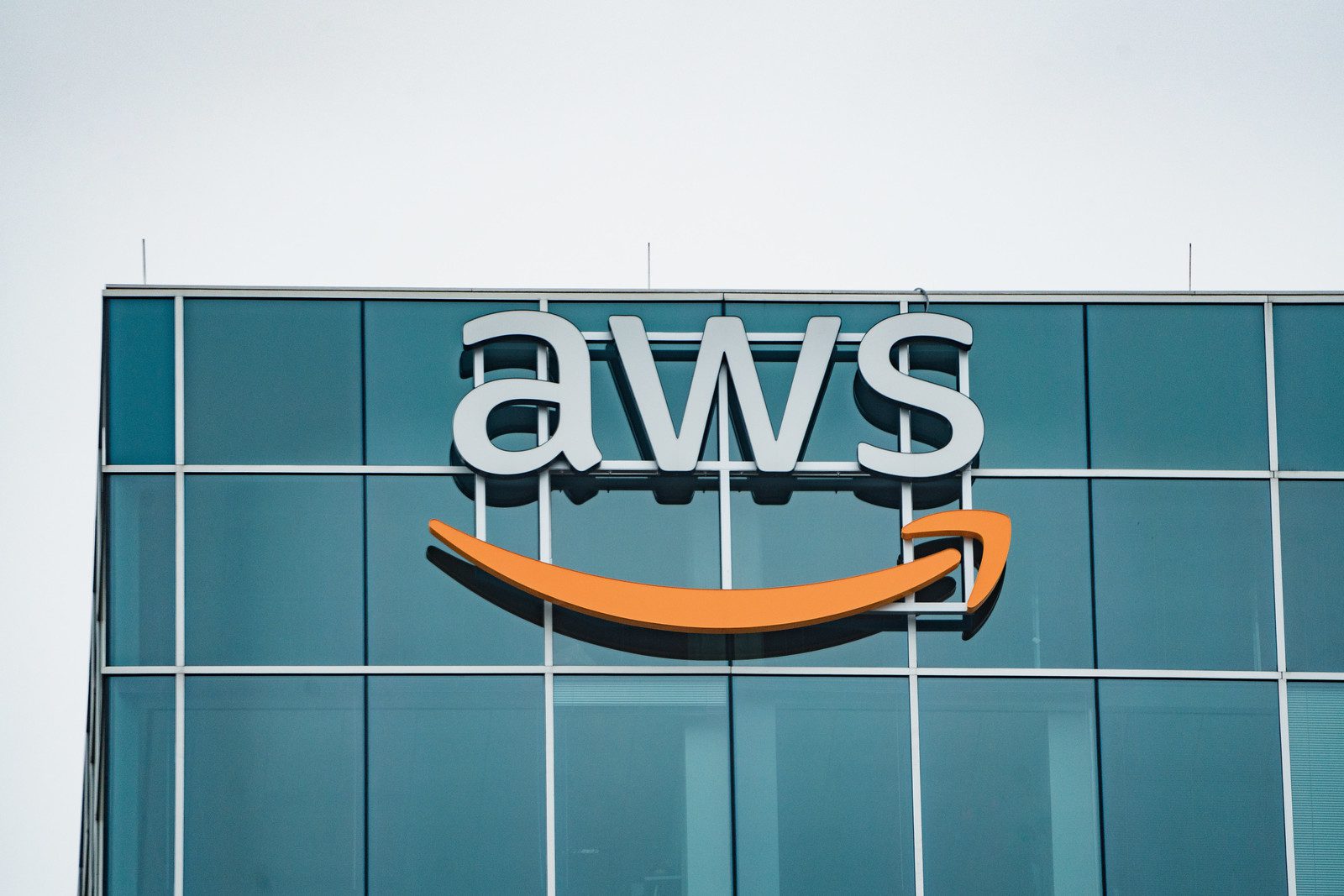Amazon Is Doubling Down on Travel, Just Not in the Way You Think

Skift Take
Turns out it's through its cloud-based services that Amazon is embedding itself in the travel and restaurants sectors. The company’s recent hiring hints at the scope of the opportunity.
The travel industry has been anticipating Amazon’s entry into travel, and we at Skift have covered its current and impending moves through a Skift Research report, a podcast, and an e-book. Turns out the travel-focused action on Amazon’s side is, for now, via the cloud.
Amazon Web Services (AWS) has been energizing the marketing of its cloud-based services to the travel and restaurant sectors. In the past few months, the unit has been advertising for several new hires, and the job listings hint at its ambitions.
The job ads hinted that the company unit — arguably the most profitable part of its business — wants to move beyond being a cloud storage vendor to actively advising industry executives and engineers on how to transition to a cloud-first infrastructure. The ads refer to helping airlines, cruise lines, hotels, and restaurants — plus the tech vendors who support those suppliers.
"We are hiring globally across our business to keep up with the growth that we are experiencing," said David Peller, head of worldwide business development for Amazon Web Services' hospitality division, in response to questions. "AWS is providing industry-specific subject matter expertise to help our customers take advantage of new op

